Which Teams Should Have Changed Their Names When They Moved?
Do team names like “Utah Jazz” and “Los Angeles Lakers” make any sense?
Last week I assigned letter grades to pro sports teams that got new names while remaining in the same city. This week, we’re going to examine the opposite phenomenon: teams that kept their names despite moving to a new city (like the Dodgers moving from Brooklyn to Los Angeles, or the Raiders moving from Oakland to Las Vegas).
This is a hotly debated topic that I’ve touched upon before. Some people think a team name (along with its logos, uniforms, statistics, and so on) really belongs to the fans and that teams should therefore be obligated to change their identities when moving to a new city. Other people like the historical continuity that comes from maintaining a team brand across multiple cities and eras. And yet another group thinks it depends on how well-suited the team name is for the franchise’s new location.
I tend to fall into that last group. So I decided to look at all 124 current teams in the Big Four pro leagues, determine which of them had maintained their team names when moving to their current city, and assess whether those teams should have changed their names instead of sticking with them.
Before we get started, a few ground rules:
Teams only qualified for consideration in this article if they met three conditions: they moved, they kept their team name after the move, and they are still using that team name today. So, for example, the Houston Oilers becoming the Tennessee Oilers would not qualify, because they no longer use that name. (They eventually became the Titans, so I included them in last week’s article.)
I also didn’t include teams that moved to new stadiums or arenas slightly outside their official home cities but did not change their brand identities. In other words, this article will not address the New York Giants and Jets (even though they technically moved from New York to New Jersey) or the San Francisco 49ers (even though their current stadium is in Santa Clara, not San Francisco). Those teams have not “moved” in the way we usually mean when discussing franchise relocation.
Finally, when I assess whether a team should have changed its name when moving, I’m talking about whether a new name should have been chosen at the time of the move. For example, the Los Angeles Dodgers are obviously not going to stop calling themselves the Dodgers at this point — but should they have chosen a different name when they left Brooklyn in the 1950s? That’s the question we’re addressing here.
By my count, there are 20 Big Four pro teams that meet my guidelines (half of them in the NBA). Most of them have moved just once, but some of them have kept the same name while moving several times. Here they are, broken down by league.
MLB
Of the 30 current MLB teams, four of them previously used their current team names in other cities before moving to their current locations. Two of those four kept the same team name in three different cities. Let's take a look:
Athletics: Philadelphia (1901-54) → Kansas City (1955-67) → Oakland (1968-present)
The Athletics can trace their history back more than a century, and across three cities. To their credit, the Oakland club has embraced the franchise’s long history — the team’s longstanding elephant sleeve patch has its origins in a story from 1902, when the team was still in Philadelphia, and the team sometimes wears Philly-era throwbacks. More importantly, though, “Athletics” is a good all-purpose name that can work equally well in just about any city.
Should they have changed the name? No.
———
Braves: Boston (1912-35 and 1941-52) → Milwaukee (1953-65) → Atlanta (1966-present)
The current Atlanta franchise dates back to 1871 (they wore a 150th-anniversary sleeve patch last year) and has used the “Braves” name in three different cities since 1912 (notwithstanding a brief period in Boston when the team was known as the Bees). From my perspective, the name has never been appropriate because of its misappropriation of Native American culture. But even if you’re okay with the use of Native American-based team names and iconography, the use of “Braves” in three different cities perpetuates the false notion that all Native Americans are the same, with no differences between tribes, customs, and so on.
Should they have changed the name? Yes.
———
Dodgers: Brooklyn (1911-57) → Los Angeles (1958-present)
The Dodgers are so firmly ensconced in L.A. culture that it’s easy to forget that the name originally referred to people jumping out of the way to dodge Brooklyn’s fast-moving trolleys. It’s an endearingly place-specific moniker that made no sense when transplanted to another city — especially one that wasn’t famous for its trolleys.
Should they have changed the name? Yes.
———
Giants: New York (1885-1957) → San Francisco (1958-present)
The Dodgers didn’t move west by themselves — the Giants also pulled up stakes and relocated to California. But “Giants” isn’t a place-driven name, and the move allowed the baseball team to claim the “Giants” name for themselves after sharing with New York’s NFL team.
Should they have changed the name? No.
———
NFL
Five of the NFL’s 32 teams have retained their current team names after moving from other locations. Here's the breakdown:
Cardinals: Chicago (1920-59) → St. Louis (1960-87) → Arizona (1988-present)
The Cardinals’ team name, which has been used in three different cities, originally had nothing to do with the familiar red bird. The team’s early uniforms were a faded shade of maroon that team owner Chris O’Brien described as “cardinal red” — hence the name. In theory, that origin story should make the name applicable to any locale as long as the team keeps wearing that color. In practice, though, the team’s identity has been bird-based for generations. And while the Northern Cardinal’s range does include parts of Arizona, it’s not really a Southwestern bird.
Should the name have been changed? Yes.
———
Chargers: Los Angeles (1960) → San Diego (1961-2017) → Los Angeles (2018-present)
Let’s face it: It’s vitally important that the Chargers never change their name, no matter where they play, because we must ensure that the sun never sets on their lightning bolt-based uni design. This is our responsibility to future generations. Simple as that.
Should they have changed the name? No!
———
Colts: Baltimore (1953-83) → Indianapolis (1984-present)
Fans in Baltimore, still pissed off about the Colts’ departure, have long maintained that the team shouldn’t have been allowed to keep its name. Their sense of grievance seems to be fueled mostly by the manner in which the team left town (owner Robert Irsay moved the franchise to Indy in the middle of the night), but team owners have always dicked over their local fan bases — it’s practically part of the job description. A better argument is that Baltimore and Maryland have a deep heritage of horse racing culture. Indiana tries to make a similar claim, but the history can’t compete with Maryland’s (and besides, Indianapolis is known more for auto racing).
Should they have changed the name? Yes.
———
Raiders: Oakland (1960-81) → Los Angeles (1982-94) → Oakland (1995-2019) → Las Vegas (2020-present)
Does it even matter where the Raiders call home? The team name reflects the marauding, nomadic image that has long applied both to the team and to its bonkers fan base. You could even make the case that the name becomes more appropriate each time the team moves to a new burg.
Should they have changed the name? Definitely not.
———
Rams: Cleveland (1936-45) → Los Angeles (1946-94) → St. Louis (1995-2015) → Los Angeles (2016-present)
What I said about the Chargers goes double for the Rams — or at least for their iconic helmets. It would be better if they’d scrap the current horn design and go back to the more curlicued version, but the overall horned-helmet concept remains unbeatable and inviolable, even if the team moves to Mars.
Should they have changed the name? Absolutely not.
———
NBA
The NBA has a whopping 10 teams — one-third of the league’s franchises — whose names were carried over from another city. Some of those names still make sense; others are pretty much the poster children for the argument that teams should change their identities when they move. One a time:
Clippers: San Diego (1978-84) → Los Angeles (1984-present)
This franchise was originally the Buffalo Braves, but they rebranded as the San Diego Clippers after moving in 1978. The new team name referred to the great sailing ships seen in San Diego Bay. Six years later, they moved again, this time up the freeway to Los Angeles, and kept the “Clippers” name, even though L.A. isn’t particularly known for clipper ships.
Should they have changed the name? Yeah, probably, especially considering how characterless the team’s branding has been over the years. But it’s understandable that they didn’t want to change the team’s identity a second time in such a short span.
———
Hawks: Milwaukee (1951-55) → St. Louis (1955-68) → Atlanta (1968-present)
Birds of prey generally make good team names, and the red-tail hawk’s range includes most of the lower 48 states. What’s not to like? A classic case of “If it ain’t broke, don’t fix it!”
Should they have changed the name? No.
———
Grizzlies: Vancouver (1995-2001) → Memphis (2001-present)
The Grizzlies were originally supposed to be called the Vancouver Mounties, but the Royal Canadian Mounted Police objected to that name. So “Grizzlies” was chosen instead, because grizzly bears are native to British Columbia. Tennessee, on the other hand, has no grizzly bears. You can see where this is going.
Should they have changed the name? Yup.
———
Jazz: New Orleans (1974-79) → Utah (1979-present)
Here we have the poster child for the entire “If the team moves, it should have to change its name” school of thought. “Jazz” is singularly well-suited for New Orleans — and similarly ill-suited for Utah. Even though the name has now been in use almost nine times as long in Utah as it was in the Big Easy, it still feels like the ultimate mismatch.
Should they have changed the name? Duh.
———
Kings: Kansas City-Omaha (1972-75) → Kansas City (1975-85) → Sacramento (1985-present)
The Kings have had a long, byzantine history. They had several names in Rochester, the last of which was Royals, and then they kept the Royals name when they moved to Cincinnati in 1957. But in 1972, when they moved to Kansas City — where they initially spent a few seasons splitting their home games between KC and Omaha — they changed from “Royals” to “Kings” to avoid confusion with KC’s baseball team. They continued calling themselves the Kings when moving to Sacramento in 1985.
Should they have changed the name? Nah. To this day, the team's logo is a variation on their old Cincinnati Royals logo, which creates a fun historical through line. Good for them.
———
Lakers: Minneapolis (1947-60) → Los Angeles (1960-present)
Lots of fans think this one is as clear-cut as the Jazz example. After all, they say, “Lakers” made sense in Minnesota (famously known as the “Land of 10,000 Lakes”) but not in Los Angeles. But here's a little story: When I was a kid in the 1970s, I had no idea that the Lakers had moved to L.A. from Minneapolis, so I mistakenly thought that the team name was based on the city name —“L-A-kers,” get it? It works!
Should they have changed the name? They probably should have, but my childhood “L-A-kers” construct shows that the name isn’t necessarily such a bad fit for Los Angeles.
———
Nets: New York (1968-76) → New Jersey (1977-2012) → Brooklyn (2012-present)
The Nets were originally known as the New Jersey Americans. But after moving to Long Island in 1968, they became the New York Nets — a good rhyme with two of New York's other sports teams, the Mets and Jets. (World Team Tennis's New York Sets would join in a few years later.) The Nets kept their name when moving to New Jersey in 1968 and to Brooklyn in 2012.
Should they have changed the name? The rhyming thing has always felt a bit forced, and they really should have given it up when moving to New Jersey in the ’70s. The recent move to Brooklyn was the perfect opportunity to right that wrong and launch a new identity, but they didn’t take it. Too bad.
———
Pistons: Fort Wayne (1937-57) → Detroit (1957-present)
The Pistons began in 1937 as a semi-pro team called the Fort Wayne Zollner Pistons, sponsored by a piston manufacturer called the Zollner Corporation. In 1948, they became simply the Fort Wayne Pistons and joined the Basketball Association of America (which then evolved into the NBA). In 1957, the team kept its team name while moving to Detroit — which, conveniently, was already known as the Motor City, making it a good fit for the team’s existing moniker.
Should they have changed the name? Definitely not! If anything, this is an example of how a name can sometimes be even more appropriate after a team relocation.
———
Rockets: San Diego (1967-71) → Houston (1971-present)
The Rockets began as an expansion team in San Diego and got their name because the city had recently adopted the slogan “A City in Motion” and NASA’s Atlas rockets were being manufactured there. Not a bad fit, but the name made even more sense after the team’s 1971 move to Houston, home of NASA’s Manned Spacecraft Center. Much like the situation with the Pistons, this is an example of a team name that resonated even more strongly in the team’s new city.
Should they have changed the name? Nope.
———
Warriors: Philadelphia (1946-62) → San Francisco (1962-71) → Golden State (1971-present)
The Warriors were founded in Philly, where they used some really inappropriate Native American-themed logos. They kept the team name and the Native imagery after moving to San Francisco in 1962, and also after rebranding as Golden State in the early 1970s. Thankfully, they eventually phased out the Native theme, and to the team’s credit, anyone watching the Warriors today would have no idea that they once leaned so heavily on that trope, but it took longer to get there than it should have.
Should they have changed the name? Yes.
———
NHL
When NHL teams move, they tend to change their names (like the Quebec Nordiques becoming the Colorado Avalanche, the Winnipeg Jets becoming the Phoenix Coyotes, the Hartford Whalers becoming the Carolina Hurricanes, and so on). But there’s one exception to that rule:
Flames: Atlanta (1972-80) → Calgary (1980-present)
The Flames have what is probably the oddest team name origin story in all of pro sports. Originally based in Atlanta, the team was named after the fires that consumed and nearly destroyed that city as a result of Sherman’s March to the Sea during the Civil War — a seemingly counterintuitive source of inspiration. Odder still, the team kept the name after moving to Calgary in 1980, putting the Flames in the bizarre position of having an identity rooted in another country’s civil war.
Should they have changed the name? For sure. But the saving grace is that Calgary still uses the franchise’s old Atlanta-era “flaming A” logo for its alternate captain patches, which is arguably enough to justify them having kept the name.
———
And there we have it. Did I miss any teams?
Obviously, my opinions here are neither definitive nor determinative, so feel free to quibble with them in the comments. It’s a fun topic!
• • • • • • •
Important News About This Newsletter
For the past six months, my Bulletin content has been available for free, but today’s article is the next-to-last one that will be publicly available. After next week’s article, my weekly Bulletin dispatches will be paywalled. The price will be $4 per month or $35 per year, which I hope you’ll agree is very reasonable. For more details about how this will work and what you’ll get for your money, look here.
Obviously, I hope most of you reading this will opt in for a paid subscription. But even if you don’t, I appreciate you reading this far, and I hope you’ve enjoyed my Bulletin work. Take care.
Paul Lukas has been writing about uniforms for over 20 years. If you like his Bulletin articles, you’ll probably like his daily Uni Watch Blog, plus you can follow him on Twitter and Facebook and check out his Uni Watch merchandise. Have a question for Paul? Contact him here.



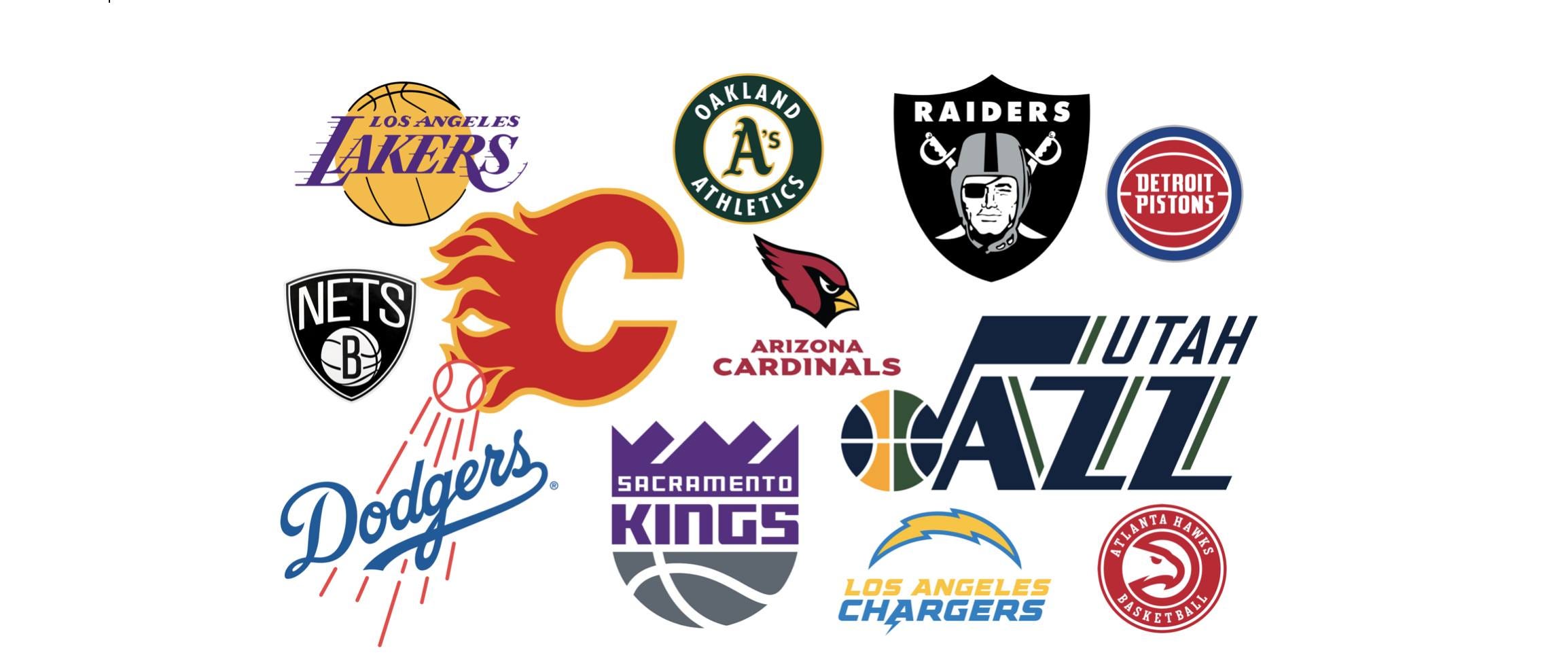







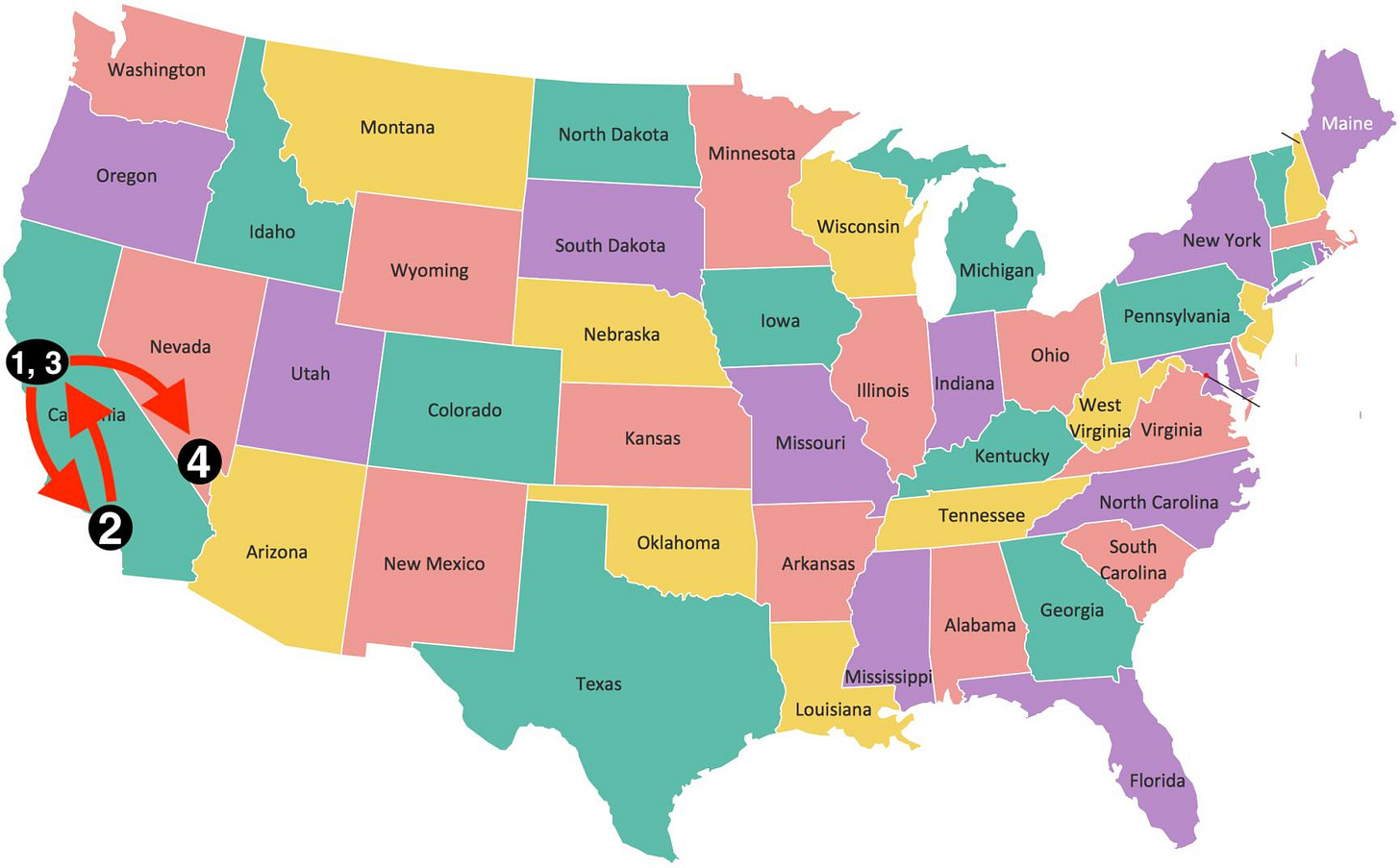


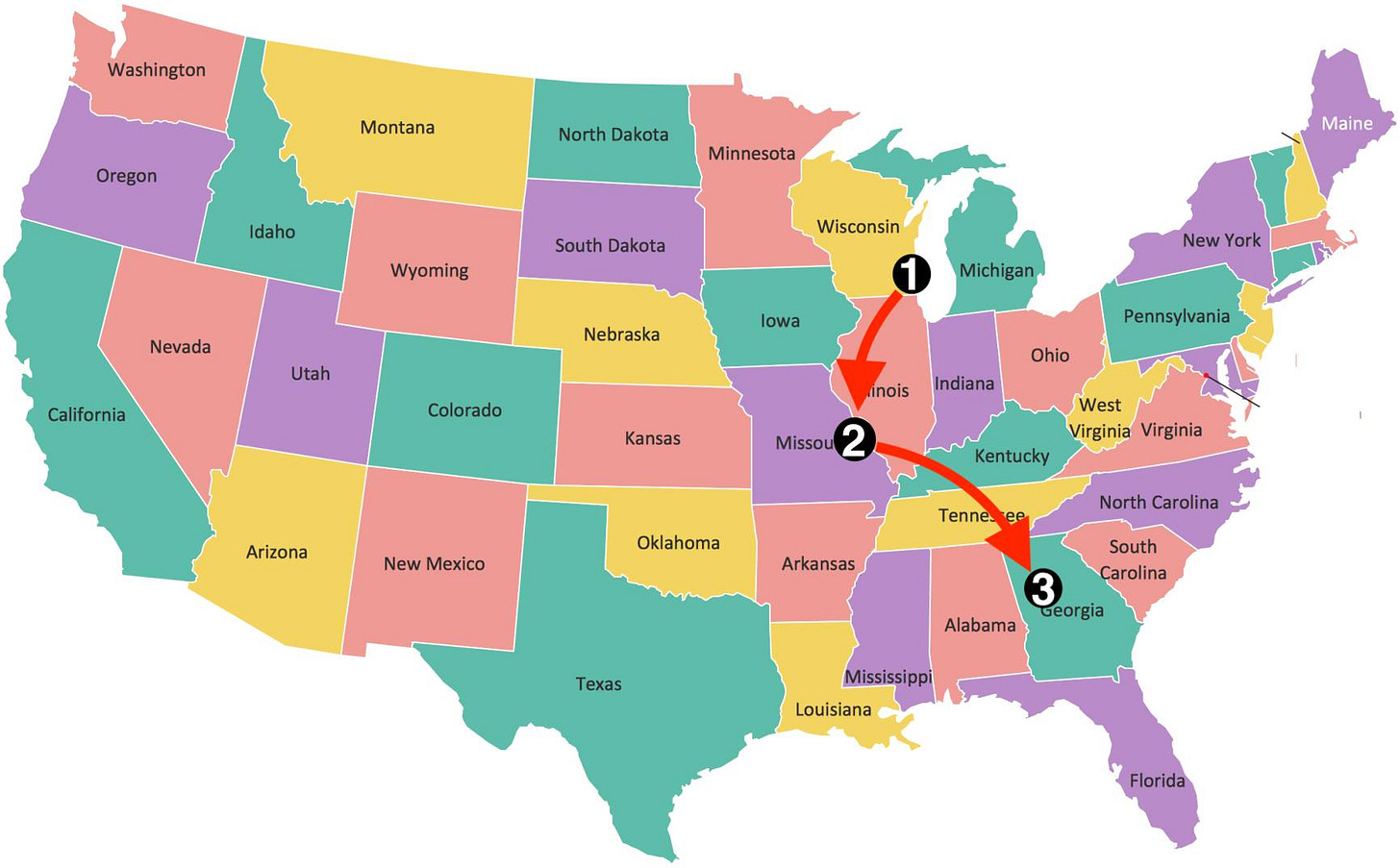




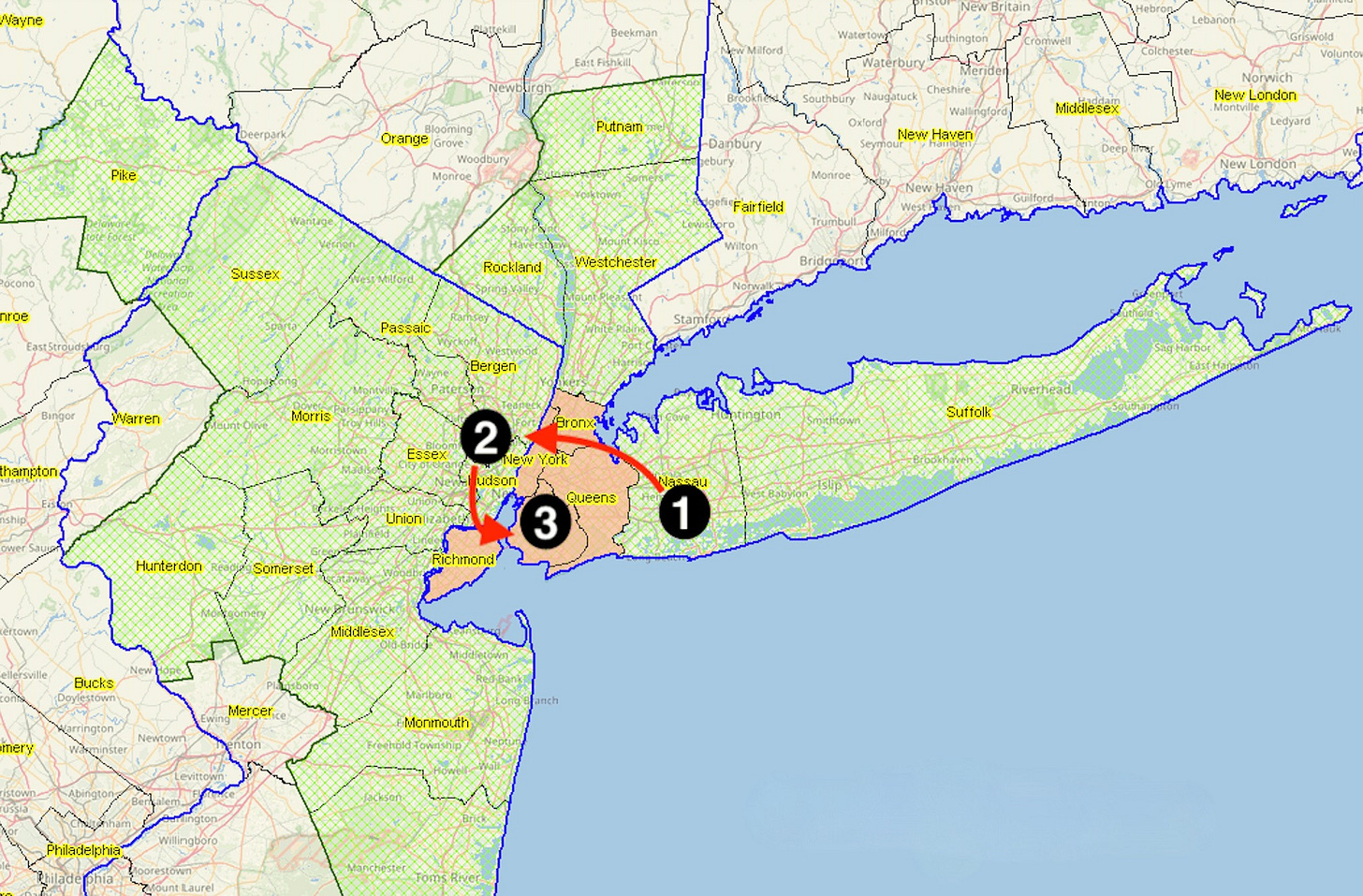

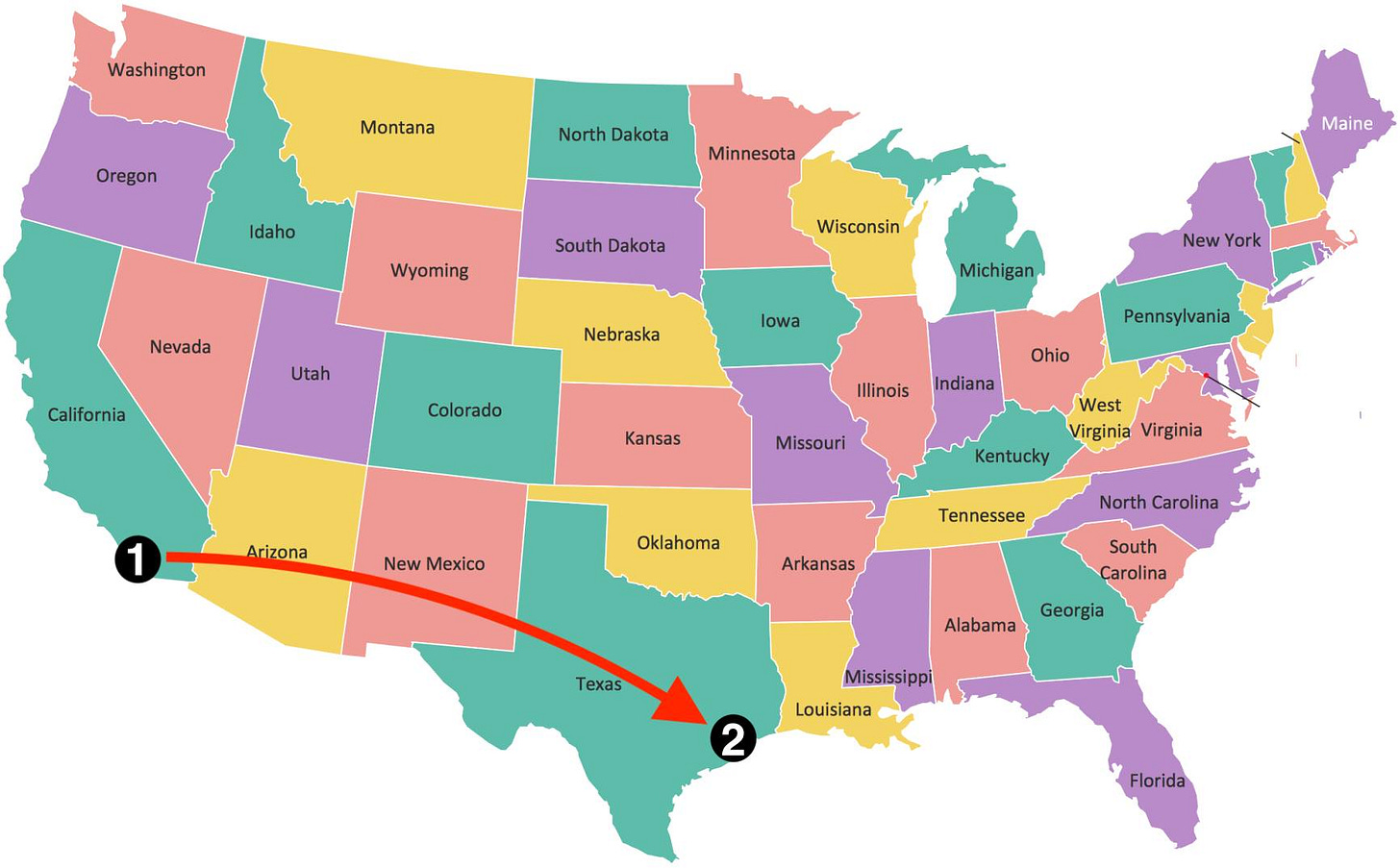

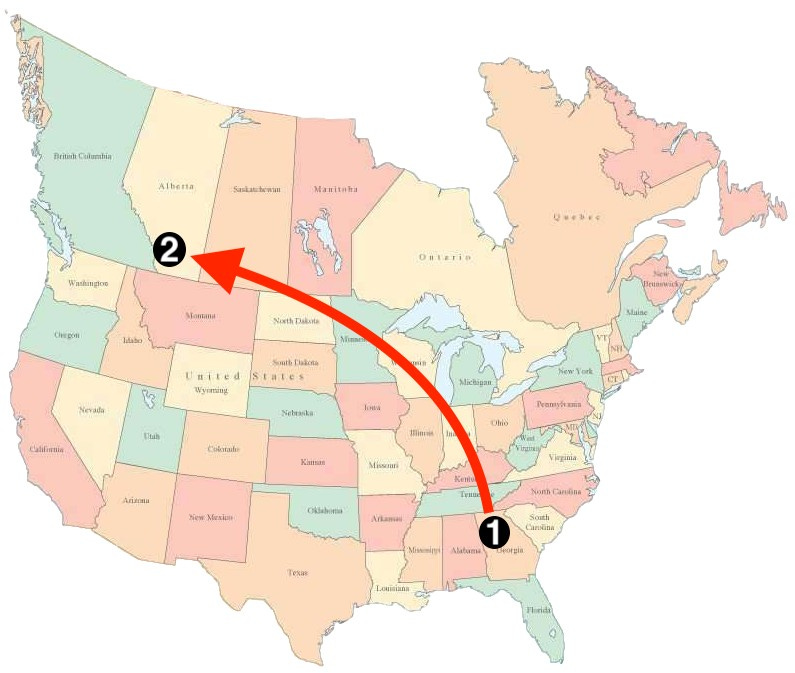
grew up just outside of Detroit and never knew the origins of Fort Wayne Zollner. side note: I always thought Calgary embraced flames because of its industrial/energy prominent city.